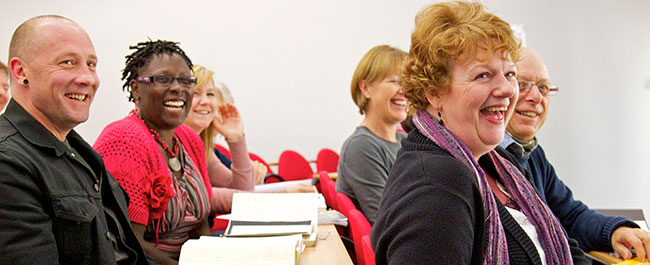Authors:
Jessica Hammett, Senior Research Associate, University of Bristol
Claire Nunan, Senior Accredited Counsellor, School of Applied Mental Health
People around us do not see the huge emotional impact that our research has on us. Our peers and line managers do not know about the emotional toll of the work we do, so it is practically invisible for them. Most of them think that it is just a matter of being positive, or just taking a break.

Photo by Hannah Busing on Unsplash
For early career researchers working with sensitive and challenging material there are many barriers to good wellbeing. Over a six-month period, we worked with a small group of researchers from the arts, humanities and social sciences to better understand how emotionally challenging material impacts their wellbeing, what strategies they have in place to mitigate these risks, and to test out peer-support as a new method to promote wellbeing. The results of our findings have been published as a policy briefing, and in this article we explore the thoughts and feelings of our project participants in more depth.



 By Dr Albert Sanchez-Graells, Reader in Economic Law (University of Bristol Law School).*
By Dr Albert Sanchez-Graells, Reader in Economic Law (University of Bristol Law School).*







